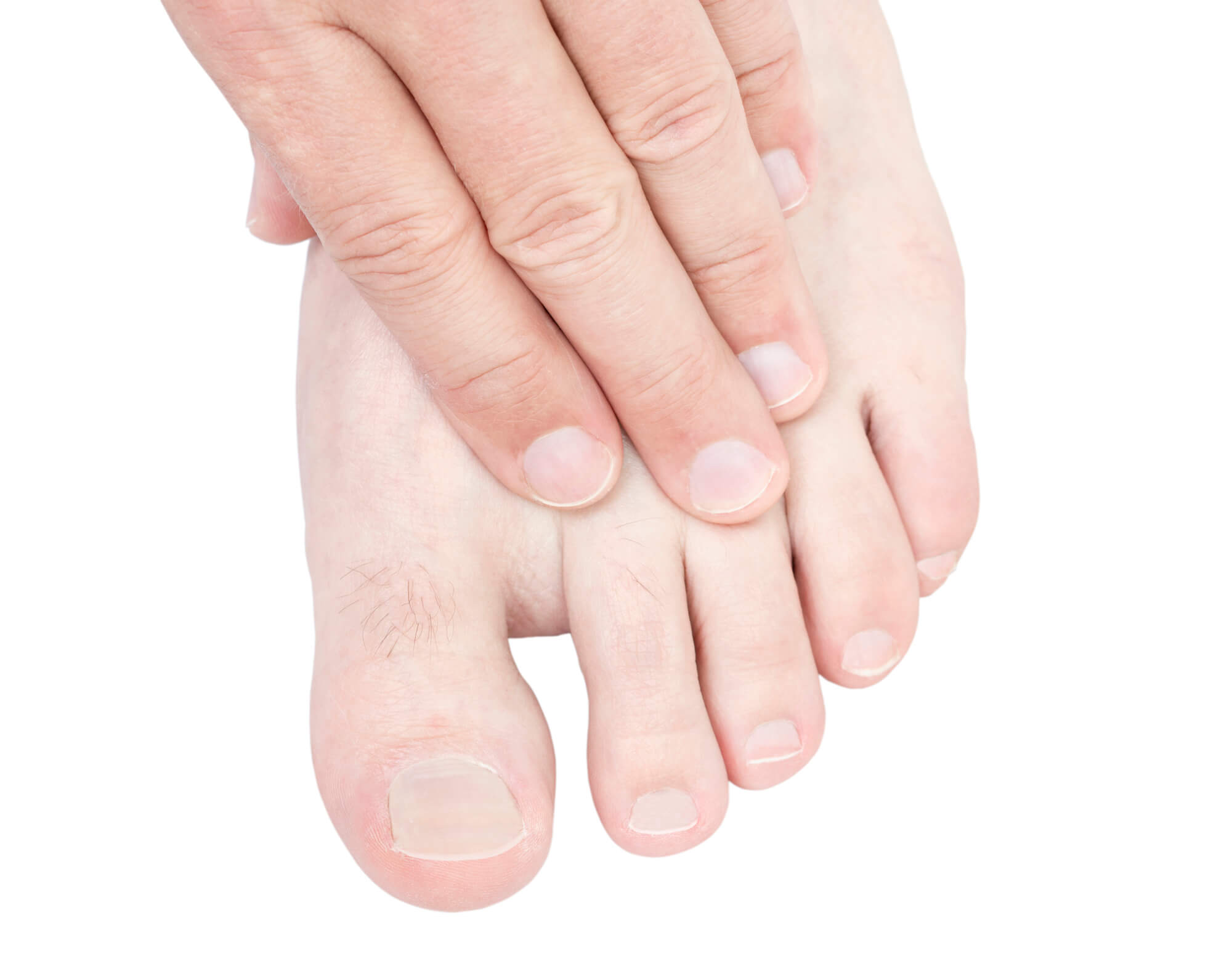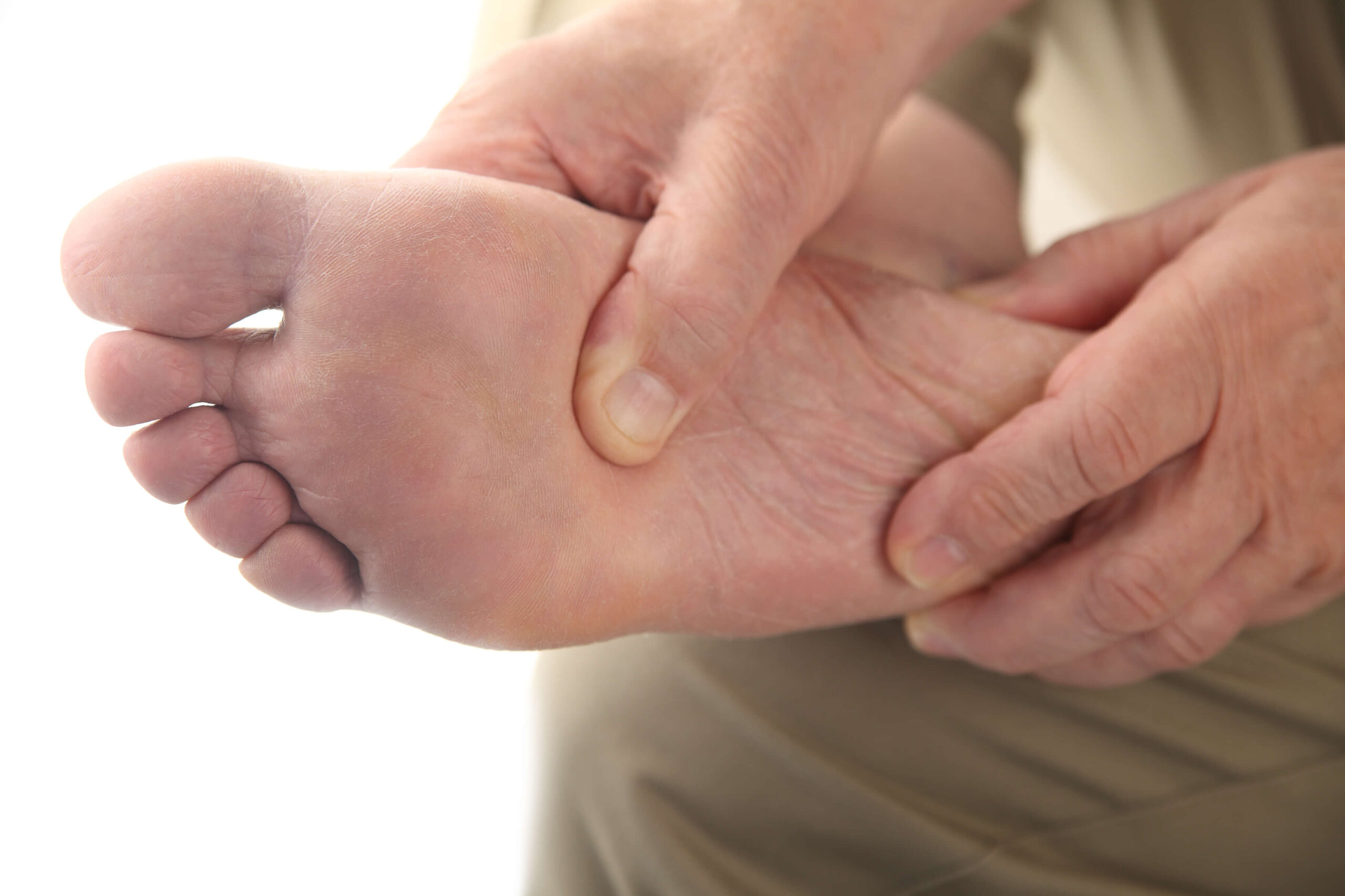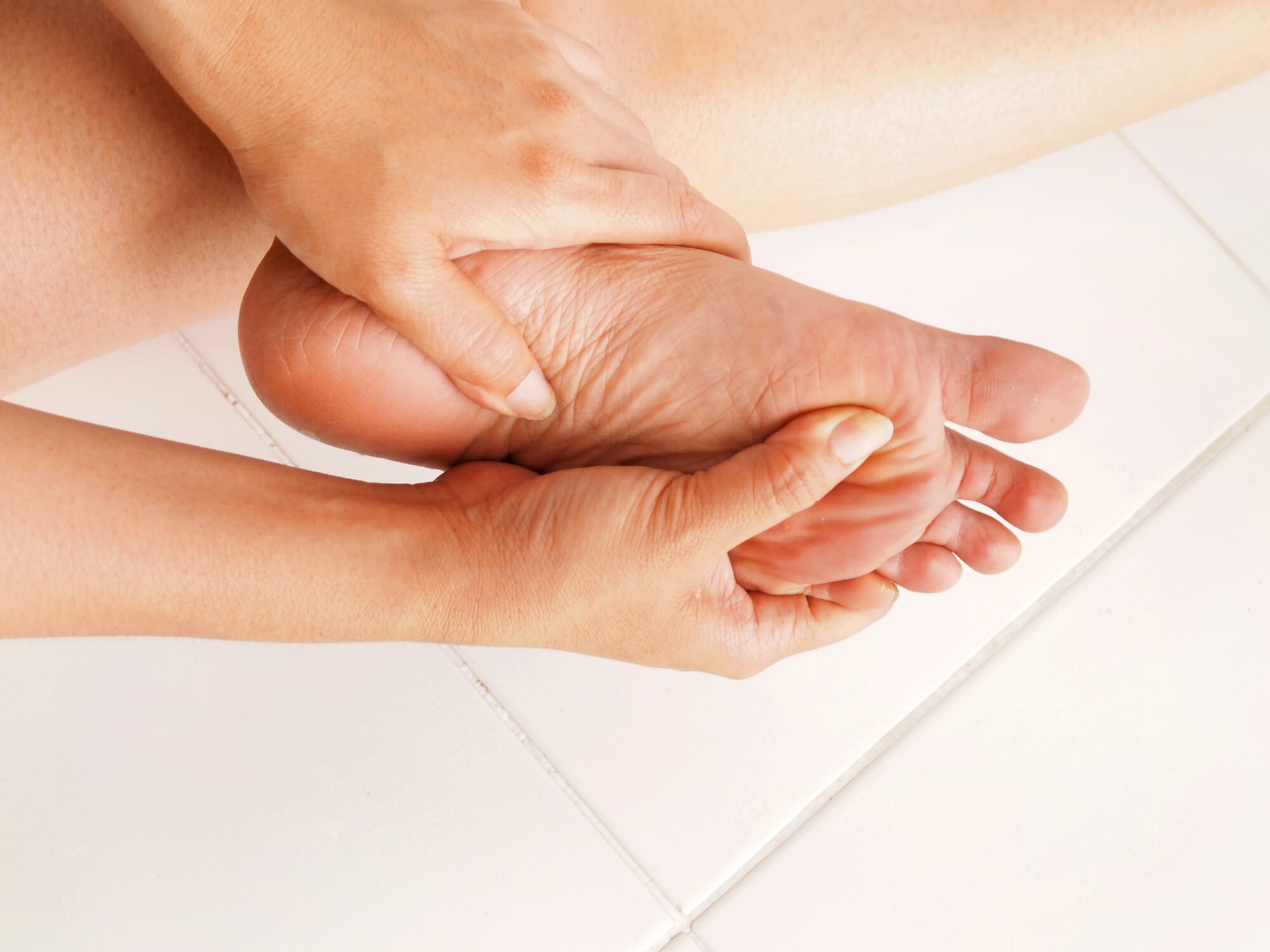Understanding and Treating Chronic Foot Pain
Chronic foot pain is a common condition that can be debilitating and affect daily activities. Various factors, including overuse injuries, arthritis, and neuropathic pain, can cause it. Understanding the causes and symptoms of chronic foot pain is essential for effective treatment and management.
What is Chronic Foot Pain?
Chronic foot pain is defined as foot pain that has been present for more than three months. It can be caused by various factors and affect any part of the foot, including the heel, ankle, and toes.
Symptoms of Chronic Foot Pain
Symptoms of chronic foot pain can vary depending on the cause of the pain. Some common symptoms include:
- A dull, aching pain in the foot or ankle
- Severe pain in the heel or arch of the foot
- Pain that is worse in the morning or after sitting for long periods
- Swelling or stiffness in the foot or ankle
- Difficulty walking or standing for long periods
- Redness or warmth in the affected area

Causes of Chronic Foot Pain
Overuse Injuries
Overuse injuries are the most common cause of chronic foot pain. These types of injuries occur due to repeating the same motion repeatedly, causing stress on the tendons and muscles in the foot and ankle. Some common overuse injuries that can cause chronic foot pain include plantar fasciitis, Achilles tendonitis, and tarsal tunnel syndrome.
Arthritis
Arthritis is a common cause of chronic foot pain, especially in older adults. Arthritis is a general term that refers to inflammation in the joints, which can cause pain, stiffness, and difficulty moving the affected joint. Osteoarthritis is the most common form of arthritis and affects the foot and ankle, causing pain and stiffness.
Neuropathic Pain
Neuropathic pain is pain caused by nerve damage or dysfunction. Various conditions, including diabetes and peripheral neuropathy, can cause this pain. Neuropathic pain can cause burning, tingling, or shooting pain in the foot.
Flat Feet
Flat feet, also known as fallen arches, can cause chronic foot pain. When the arch of the foot collapses, it can put extra stress on the tendons, ligaments, and muscles in the foot and ankle, causing pain and discomfort.

Diagnosing Chronic Foot Pain
It is important to see a podiatrist if you are experiencing chronic foot pain. A podiatrist is a doctor who specializes in treating foot and ankle conditions. Your podiatrist will take a medical history, perform a physical examination, and may order imaging tests, such as x-rays or MRI, to help diagnose the cause of your pain.
Treatment Options
Treatment for chronic foot pain will depend on the underlying cause.
Non-surgical Treatments
Non-surgical treatment options for chronic foot pain include:
- Rest and ice: Resting the affected foot and applying ice to the area can help reduce pain and inflammation.
- Physical therapy: A physical therapist can design an exercise program to help stretch and strengthen the muscles and tendons in the foot and ankle, which can help reduce pain and improve function.
- Medications: Over-the-counter pain relievers, such as ibuprofen and naproxen, can help reduce pain and inflammation. Your doctor may also prescribe stronger medications or corticosteroid injections if needed.
- Shoe inserts: Custom-made shoe inserts or orthotics can help redistribute pressure and support the foot and ankle, which can help reduce pain.
- Change in footwear: Wearing shoes with good arch support and cushioning can help reduce pain and prevent further injury.
Surgical Treatments
In some cases, surgery may be needed to treat chronic foot pain. Surgery is typically only recommended when non-surgical treatments have been ineffective. Types of surgery that may be used to treat chronic foot pain include:
- Tendon or ligament repair: Surgery to repair or reconstruct tendons or ligaments in the foot and ankle can help reduce pain and improve function.
- Joint fusion: Surgery to fuse bones in the foot or ankle can be used to treat arthritis and other conditions that cause chronic pain.
- Neuroma removal: Surgery to remove a neuroma, a benign growth on a nerve in the foot, can be used to treat pain caused by nerve damage.

Prevention
Stretching and Strengthening Exercises
Stretching and strengthening exercises can help prevent chronic foot pain. Exercises focusing on the muscles and tendons in the foot and ankle can help improve flexibility and reduce the risk of injury.
Proper Footwear
Wearing shoes that fit properly and have good arch support and cushioning can help prevent chronic foot pain. Avoid high heels, flip-flops, and other shoes that do not adequately support your feet. It's also important to replace your shoes regularly, especially if you notice that the soles are worn down, or the cushioning is no longer effective.
Proper Body Mechanics
Proper body mechanics when engaging in physical activity can help prevent chronic foot pain. This includes using proper form when exercising, lifting, and standing for long periods. Additionally, pacing yourself and taking breaks when necessary is important to avoid overuse injuries.
Maintaining a Healthy Weight
Maintaining a healthy weight can help prevent chronic foot pain. Being overweight or obese can put extra stress on the feet and ankles, leading to pain and injury. Eating a healthy diet and regular exercise can help you maintain a healthy weight.
Conclusion
Chronic foot pain can be debilitating and affect daily activities. Understanding the causes and symptoms of chronic foot pain is essential for effective treatment and management. See a podiatrist if you are experiencing chronic foot pain, as they can help diagnose the underlying cause and recommend treatment options. Non-surgical treatments, such as rest, ice, physical therapy, and medication, can effectively manage pain. In some cases, surgery may be needed to treat chronic foot pain. Additionally, it is important to take preventive measures to reduce the risk of developing chronic foot pain, such as stretching and strengthening exercises, wearing proper footwear, using proper body mechanics, and maintaining a healthy weight.
FAQ
What can be done for chronic foot pain?
Several treatments can be done for chronic foot pain. These include rest and ice, physical therapy, and medication. Over-the-counter pain relievers, such as ibuprofen and naproxen, can help reduce pain and inflammation. In some cases, custom-made shoe inserts or orthotics can help redistribute pressure and support the foot and ankle, which can help reduce pain. In severe cases, a doctor may recommend surgery to repair or reconstruct tendons or ligaments in the foot and ankle or to fuse bones in the foot or ankle.
What does chronic foot pain feel like?
Chronic foot pain can feel like a dull ache or a sharp pain in the foot or ankle. The pain may be constant or intermittent and can be felt in one specific area or throughout the foot. Other symptoms of chronic foot pain may include swelling, stiffness, and difficulty walking or standing for long periods.
How do I fix constant foot pain?
The best way to fix constant foot pain is to see a podiatrist. They can help diagnose the underlying cause of the pain and recommend treatment options. Treatment options may include rest and ice, physical therapy, and medication. In some cases, custom-made shoe inserts or orthotics can help redistribute pressure and support the foot and ankle, which can help reduce pain. In severe cases, a doctor may recommend surgery to repair or reconstruct tendons or ligaments in the foot and ankle or to fuse bones in the foot or ankle. Additionally, it is important to take preventive measures to reduce the risk of developing chronic foot pain, such as stretching and strengthening exercises, wearing proper footwear, using proper body mechanics, and maintaining a healthy weight.
It's also important to note that self-care and home remedies such as over-the-counter pain relievers, massaging the affected area, using ice packs, and taking warm baths may help relieve pain. Avoiding activities that put excessive stress on your feet and taking frequent breaks when standing for long periods can also help. Additionally, it's important to address any underlying conditions such as diabetes, arthritis, or nerve damage that may be causing chronic foot pain.

